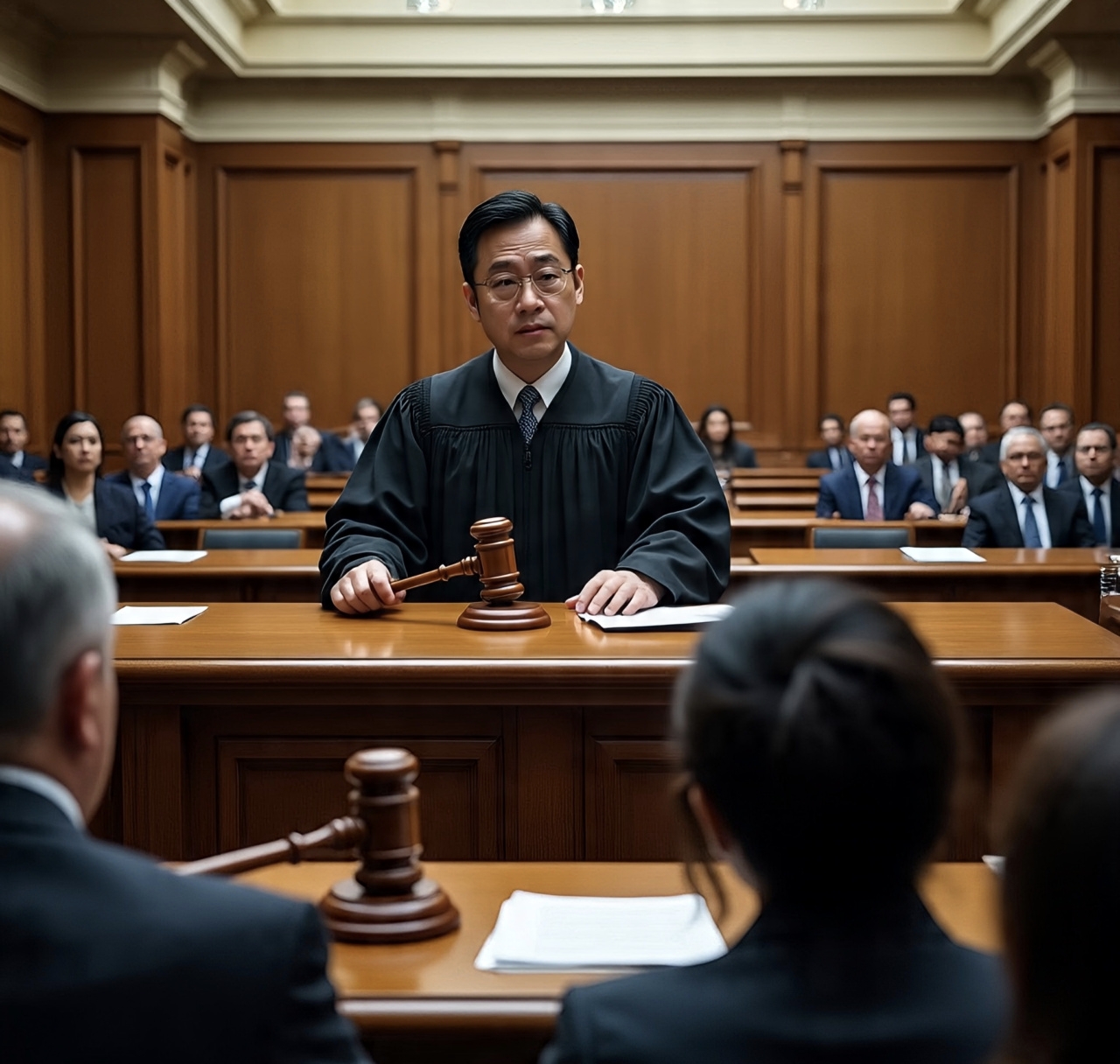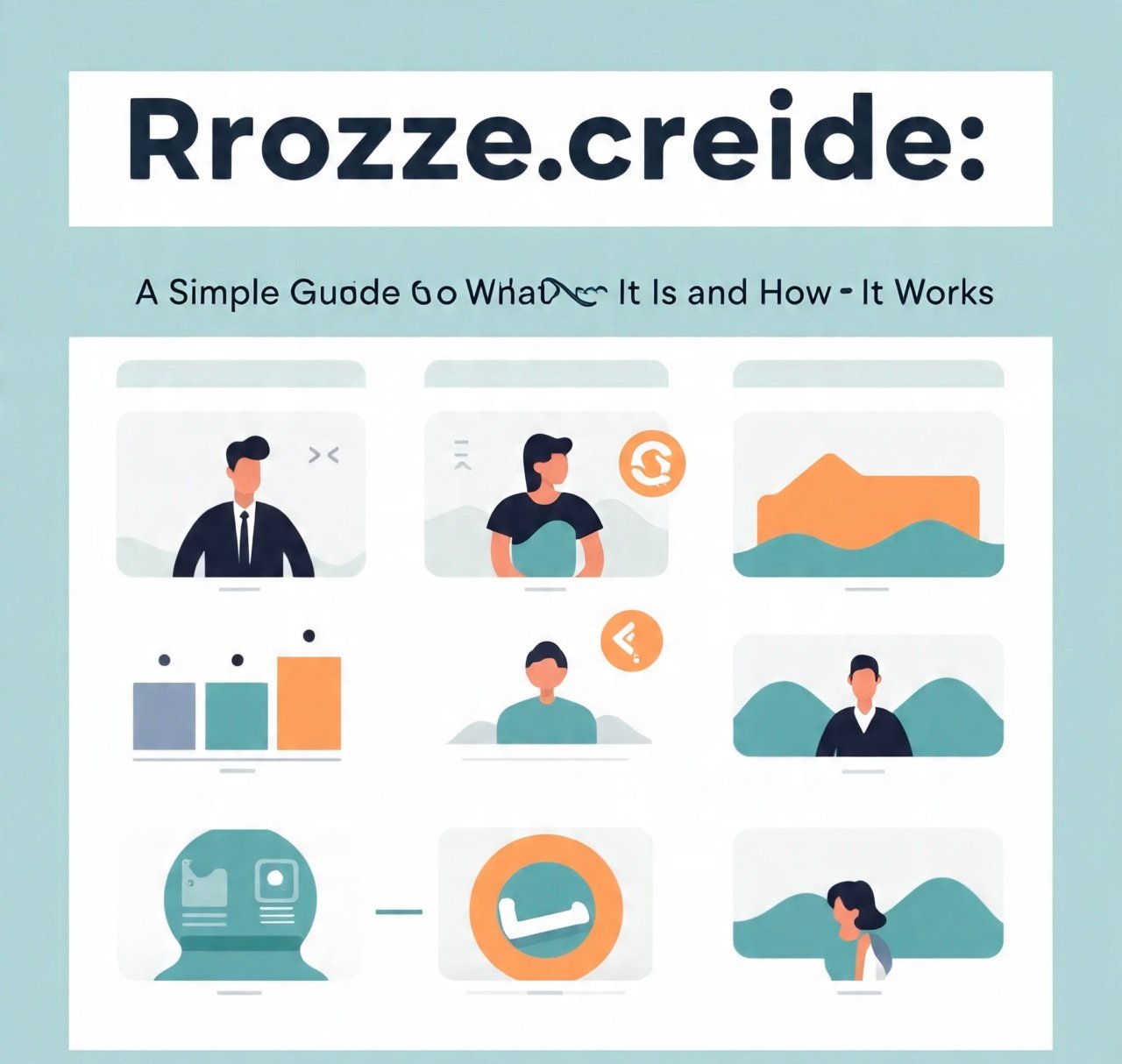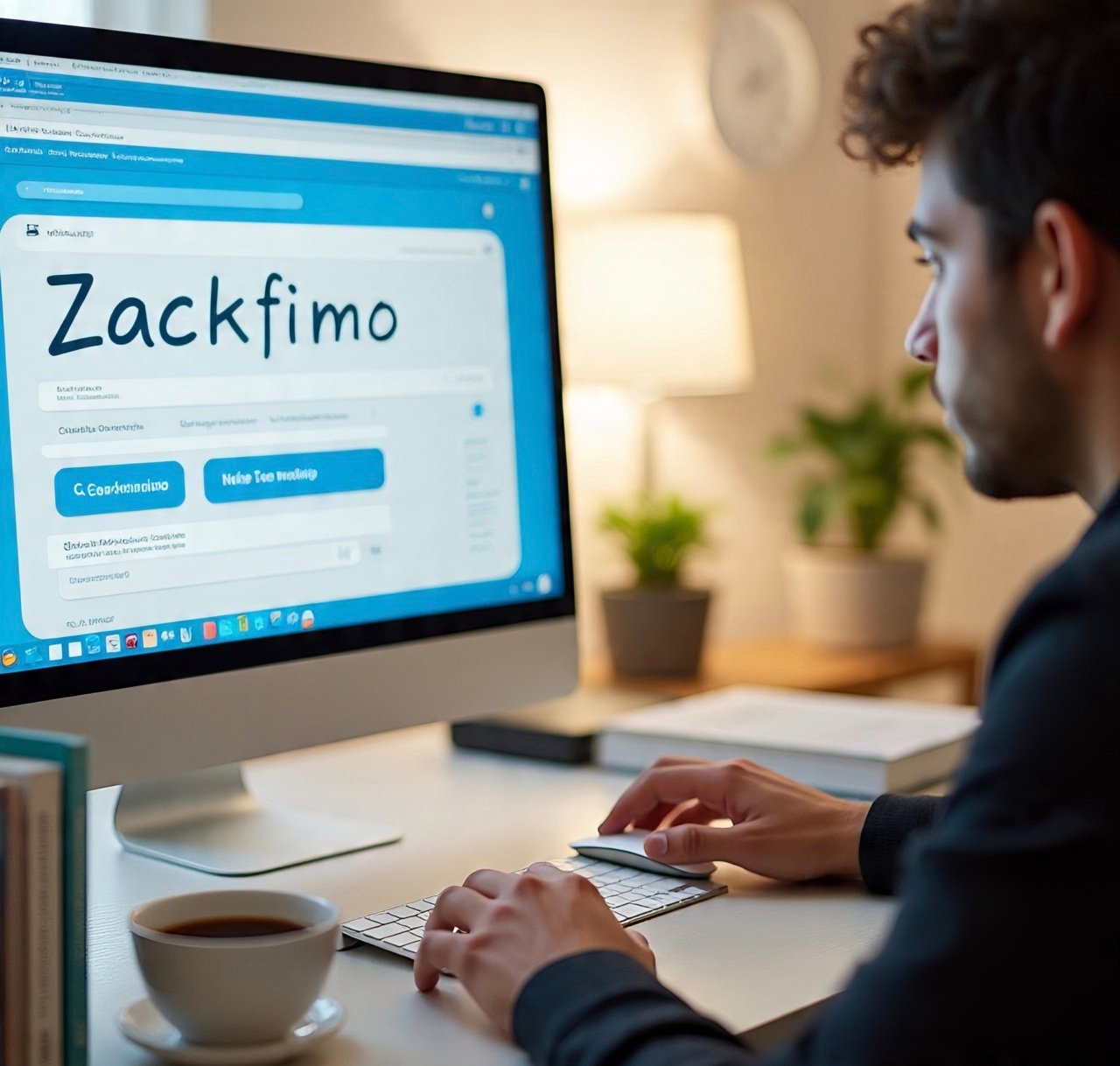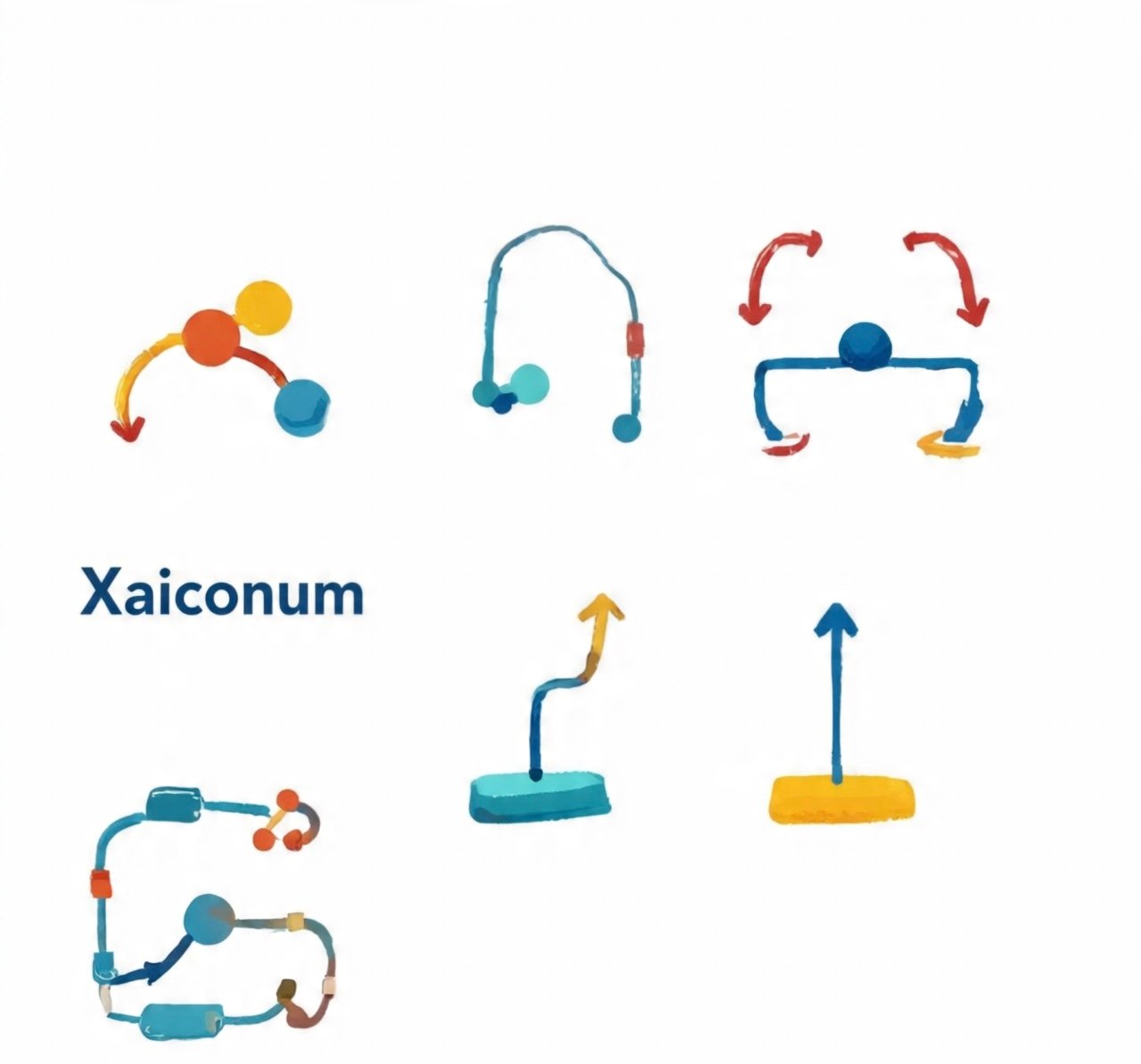Introduction
You might have seen “OtterSec lawsuit” in headlines and wondered: what exactly is going on? This post will untangle the story. I’ll explain who OtterSec is, what the lawsuit claims, what the court has said so far, and what this means going forward. By the end, you’ll clearly understand the issues—and why people are talking about this legal battle.
Who Is OtterSec
- OtterSec LLC is a blockchain / cybersecurity company.
- It helps blockchain projects by auditing code, finding security holes, and suggesting fixes.
- The company was co-founded by Robert Chen and Sam Mingsan Chen, with another member David Chen involved.
What Are the Claims in the OtterSec Lawsuit
The lawsuit (Li Fen Yao v. Robert Chen, Otter Audits LLC, and RC Security LLC) raises several claims. Here are the major ones:
| Claim | What is Alleged |
|---|---|
| Misuse of name & logo | The suit says defendants kept using “OtterSec” name, logo, social media, etc., even after formal changes. |
| Improper dissolution | Sam Chen (owner) died, but Robert Chen filed for dissolution in a way plaintiffs say was invalid. |
| Breach of contract | The operating agreement had rules (for example how company dissolves, what happens when a member dies). Plaintiffs allege violations. |
| Breach of fiduciary duty | The suit claims Robert Chen didn’t act fairly, didn’t disclose important info, maybe acted in self-interest to the detriment of others. |
| Fraud, conversion, misappropriation | More serious claims: misuse of company assets, taking of code, logos, domain names, etc. |
What the Court Has Decided So Far
The case has moved through some important stages:
- In January 2025, the U.S. District Court for Maryland issued a ruling on which claims stand and which claims are dismissed.
- The court dismissed some claims: for example, the Lanham Act claim (which is about trademark misuse) was dismissed in part; certain breach of fiduciary duty and misappropriation/conversion claims were dropped because they were considered derivative (i.e., injuries to the company, not directly to the estate).
- But the court allowed other claims to proceed:
- Breach of contract related to improper dissolution.
- Some fiduciary duty claims tied directly to Sam Chen’s estate.
- The estate is entitled to ask for accounting (i.e. see the books, assets).
Why It Matters
- Ownership and control: How business agreements work when one partner dies. What happens to ownership, assets, and decision-making.
- Legal use of brand and assets: Who gets the rights to the name, logo, website etc., especially after dissolution or ownership changes.
- Fiduciary responsibility: What obligations one co-owner has toward the others. Transparency, honesty, avoiding self-dealing.
- Precedent: For small tech / blockchain firms, this case may set examples of how courts treat contracts, dissolution, and estate rights.
Key Dates & Timeline
Here are important moments to remember (roughly):
- February 2022: OtterSec founded by Robert Chen, Sam Mingsan Chen, and involvement of David Chen.
- April-May 2022: Disputes arise; operating agreement amended to give Robert Chen 60% ownership.
- July 2022: Sam Mingsan Chen dies in a car accident.
- September-October 2022: Articles of Dissolution filed for OtterSec; assets moved, alleged licensing of brand / logos.
- March 2023: The lawsuit (by Li Fen Yao, administrator of Sam Chen’s estate) is filed.
- January 2025: Court issues partial rulings on which claims are valid.
What’s Next
- The case isn’t over. The valid claims will proceed through discovery (sharing documents, evidence), possibly trial or settlement.
- The estate will pursue breach of contract and fiduciary duty claims. They will try to show Robert Chen acted wrongly.
- Defendants will try to defend, possibly narrow down liabilities or damages.
Conclusion
The OtterSec lawsuit shows how messy things get when business partners disagree, people die, and ownership and contracts are not crystal clear. Key lessons: always have good, detailed operating agreements; plan for what happens if a co-owner dies; keep clear records. The case is still unfolding, but the parts allowed by the court already highlight serious legal issues.
FAQs
Q: What is the “OtterSec lawsuit” about?
A: It is a legal case where Li Fen Yao (administrator of Sam Chen’s estate) accuses Robert Chen and related parties of improperly dissolving OtterSec LLC, misusing the company’s name/logo/assets, breaching contracts, and failing duties owed to his late husband.
Q: Has the court dismissed everything?
A: No. Some claims have been dismissed (like some trademark misuse or claims that were derivative), but important ones remain: breach of contract, some fiduciary duty claims, and right to accounting.
Q: Who owns OtterSec now?
A: The lawsuit says Robert Chen filed dissolution documents and then transferred assets. But ownership is disputed, especially what rights Sam Chen’s estate still has.
Q: Why is this case important for blockchain / audit firms?
A: Because many of these firms are small, founders often split ownership, trust and contracts matter. Also, using brand names, logos, and code assets is central to reputation. Misunderstandings or bad legal setup can lead to big disputes.
Q: What should other startups learn?
A:
- Put detailed agreements in place.
- Plan what happens if someone leaves or dies.
- Be transparent.
- Keep track of assets (logo, domain, code, finances).




